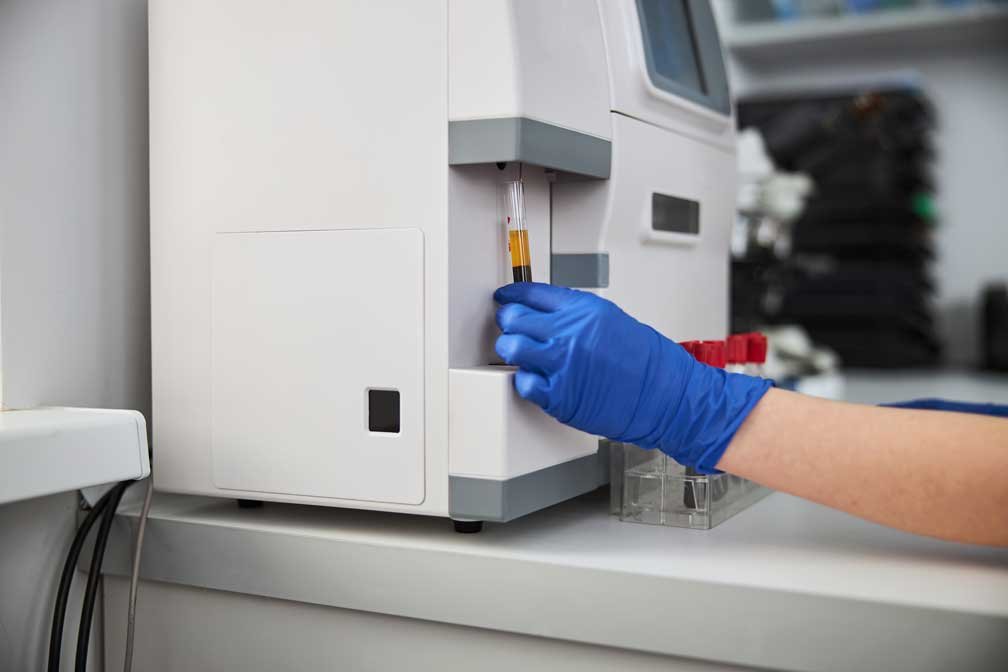The blood is the body’s lifeline. It carries oxygen, delivers nutrients, and protects us from disease. When disorders of the blood or bone marrow arise, they can have serious and far-reaching consequences for health and quality of life. Hematology, the branch of medicine dedicated to blood disorders, has become an increasingly important area in medical tourism. For patients seeking advanced care for conditions like anemia, hemophilia, leukemia, and lymphoma, traveling abroad can mean access to treatments and technologies that may not be available or affordable at home.
Hematology encompasses a wide spectrum of conditions. Some are chronic, such as anemia or clotting disorders, which require long-term management and monitoring. Others, like leukemia or multiple myeloma, are life-threatening and demand specialized, cutting-edge interventions. Treatments can include medications, transfusions, immunotherapy, targeted drugs, and complex procedures like bone marrow or stem cell transplants. These are often highly specialized therapies, and not every country or hospital has the expertise or infrastructure to deliver them safely.
This is where medical tourism plays a vital role. Countries such as Turkey, Spain, and Israel have developed strong reputations for hematology care, offering internationally accredited centers with the expertise, technologies, and facilities to manage even the most complex blood disorders. These destinations often provide faster access to treatment, avoiding the long waiting times that can be critical in life-threatening cases. For many patients, the difference between waiting months at home and being treated immediately abroad is the difference between uncertainty and hope.
Cost is another driving factor. In countries like the United States, the price of advanced hematology treatments, particularly bone marrow transplants or prolonged chemotherapy cycles, can be staggering. By choosing treatment abroad, patients can access the same level of expertise at significantly lower costs, without compromising on safety or outcomes. International centers often employ doctors trained in top medical institutions around the world, combining local affordability with global standards of care.
Medical tourism in hematology is not only about receiving treatment, but about experiencing a holistic journey of care. Patients are supported throughout the process, from diagnosis and treatment planning to post-treatment monitoring. Families accompanying loved ones find reassurance in the compassionate environments these clinics provide, as well as the chance to experience cultural and restorative aspects of the destination during what can be a challenging period.
The growing role of hematology in medical tourism highlights a larger truth: access to life-saving care should not be limited by geography or cost. For patients and families facing the uncertainty of blood disorders, the opportunity to travel abroad for advanced, affordable, and timely treatment is transformative. It provides more than medical intervention — it offers hope, resilience, and the possibility of renewed life.
With trusted international centers and seamless support, hematology in medical tourism has become a path to healing for patients worldwide, proving that sometimes the best chance at recovery begins by crossing borders.


